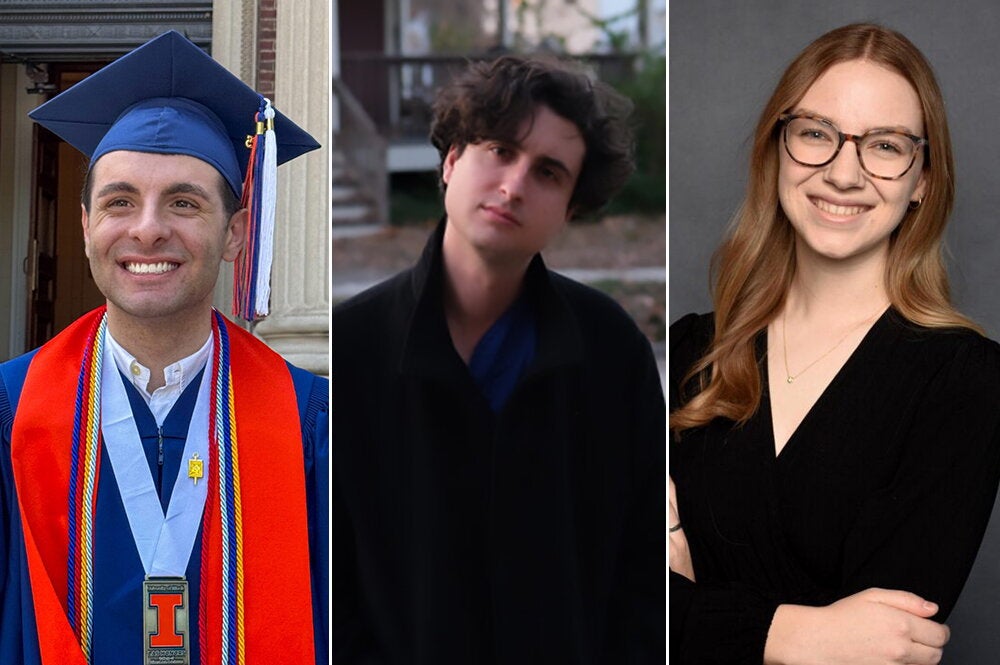

Health-insurance costs could ultimately balloon if President Bush signs a bill forbidding insurers from using genetic tests that gauge disease risks when setting premiums or deciding eligibility for coverage, a University of Illinois insurance expert says.
Hailed by advocates as the first major civil rights bill of the 21st century, the effort to bar health-related discrimination could also discourage relatively healthy people from buying policies as prices climb, economist Mattias Polborn says.
"Well-intentioned policies often have unintended and perverse consequences," says Polborn, who studies insurance economics.
The Genetic Information Nondiscrimination Act, approved by Congress with a lone dissenting vote, would prohibit health-insurance companies from using tests identifying people at risk of potentially costly diseases when deciding premiums or enrollment eligibility.
Bush is expected to sign the landmark bill, which also would ban employers from using genetic tests in hiring, firing, or promotion decisions.
Polborn says prohibiting tests by insurers but not individuals creates an "asymmetric information problem" that could disrupt the health-insurance market and drive premiums up.

The problem, Polborn says, is that individuals would know their risks, but not insurers. He says that could disrupt a market where neither side has historically known their risk, so premiums were set by averaging the payout potential of low- and high-risk policyholders.
With genetic testing, though, high-risk policyholders would continue to buy, getting a bargain at the average rate, while low-risk policyholders might forego insurance, deciding premiums are too expensive to insure against their slight risk, Polborn says.
"When some low-risk types opt out of the market, insurers have to raise premiums as high-risk individuals now outnumber low-risk policyholders," he said. "That makes insurance even less attractive for the remaining low-risk types and a vicious cycle may continue until premiums rise so high that only high-risk types remain insured."
Polborn contends policyholders would be better off if insurers knew results of genetic tests, allowing them to set rates that factor in higher or lower risks.
"Some people would have to pay more and some less, so the test generates additional risk, but at least everyone can still buy insurance," he says.
Genetic testing is only available now for a few relatively rare diseases, such as cystic fibrosis or Huntington's disease. The impact of those illnesses would be too small to start an adverse selection spiral, Polborn says.
"In the current setting, the law is actually quite good, because it effectively provides insurance for individuals against unfavorable genetic test results," he says. "But this would change if medical research develops tests for cancer, diabetes, Alzheimer's, and other diseases that typically carry high price tags for treatment and care. Before that happens, Congress needs to reconsider the law."


